Modular buildings are mainstays in industry. They are used for a wide range of applications, all of which include the creation of space for specific purposes. Modular buildings can be built to produce space for security guard posts, bus stop shelters, offices within factories and warehouses, meeting and planning spaces at construction sites and a large variety of other applications. In addition to these normal-seeming applications, modular buildings are employed for some unusual applications, the likes of which may surprise even companies that are involved in the construction or sale of modular buildings.
First of all, just to give the discussion context, remember that a modular building is an enclosed structure that is manufactured in a production facility and then installed or assembled on site somewhere else. Under this definition, a lot of different kinds of prefabricated structures qualify as modular buildings. Shipping containers have become very popular modular building material choices. In the interest of building sustainability and economy, many people have turned to recycled shipping containers as their modular building construction material. At this moment, modular buildings constructed of stacked shipping containers are being used as housing for research personnel deep in the Amazon. They are also gaining prominence as building materials for urban residences and storefronts. Puma City, one of the retail stores for German footwear seller Puma, is an 11,000 square-foot building constructed entirely of shipping crates.
Of course, more traditional modular building materials remain much more popular and prominent than unusual examples like shipping containers. Their advantage and appeal continues to be their qualities of functionality and economy. They can be constructed at low costs compared to permanent construction, and the waiting time between order and fulfillment is much shorter compared to permanent construction. Modular buildings will likely always make an important contribution to space management needs in all kinds of contexts.
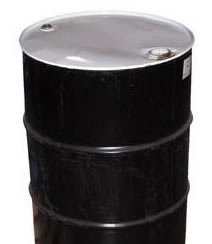 55 Gallon Drums
55 Gallon Drums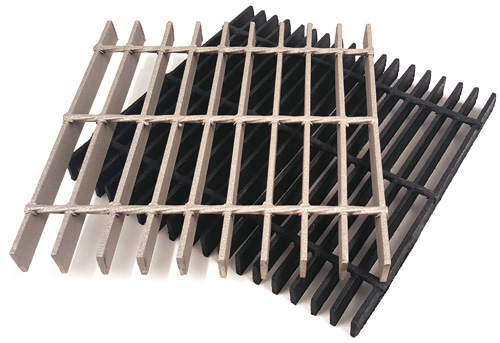 Floor Gratings
Floor Gratings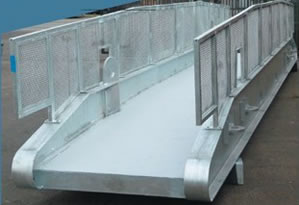 Mezzanines
Mezzanines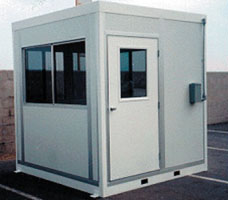 Modular Buildings
Modular Buildings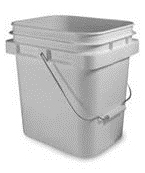 Plastic Containers
Plastic Containers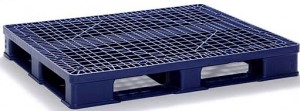 Plastic Pallets
Plastic Pallets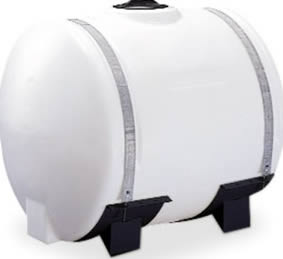 Plastic Tanks
Plastic Tanks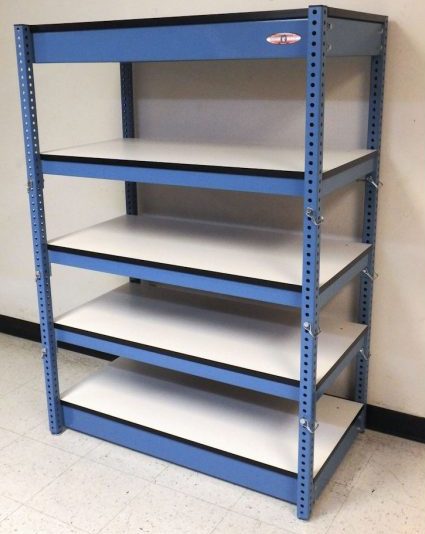 Steel Shelving
Steel Shelving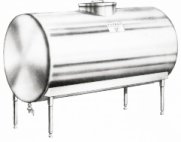 Stainless Steel Tanks
Stainless Steel Tanks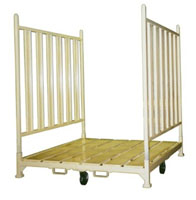 Storage Racks
Storage Racks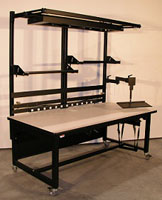 Work Benches
Work Benches Castings & Forgings
Castings & Forgings Bulk Material Handling
Bulk Material Handling Electrical & Electronic Components
Electrical & Electronic Components Flow Instrumentation
Flow Instrumentation Hardware
Hardware Material Handling Equipment
Material Handling Equipment Metal Cutting Services
Metal Cutting Services Metal Forming Services
Metal Forming Services Metal Suppliers
Metal Suppliers Motion Control Products
Motion Control Products Plant & Facility Equipment
Plant & Facility Equipment Plant & Facility Supplies
Plant & Facility Supplies Plastic Molding Processes
Plastic Molding Processes Pumps & Valves
Pumps & Valves Recycling Equipment
Recycling Equipment Rubber Products & Services
Rubber Products & Services